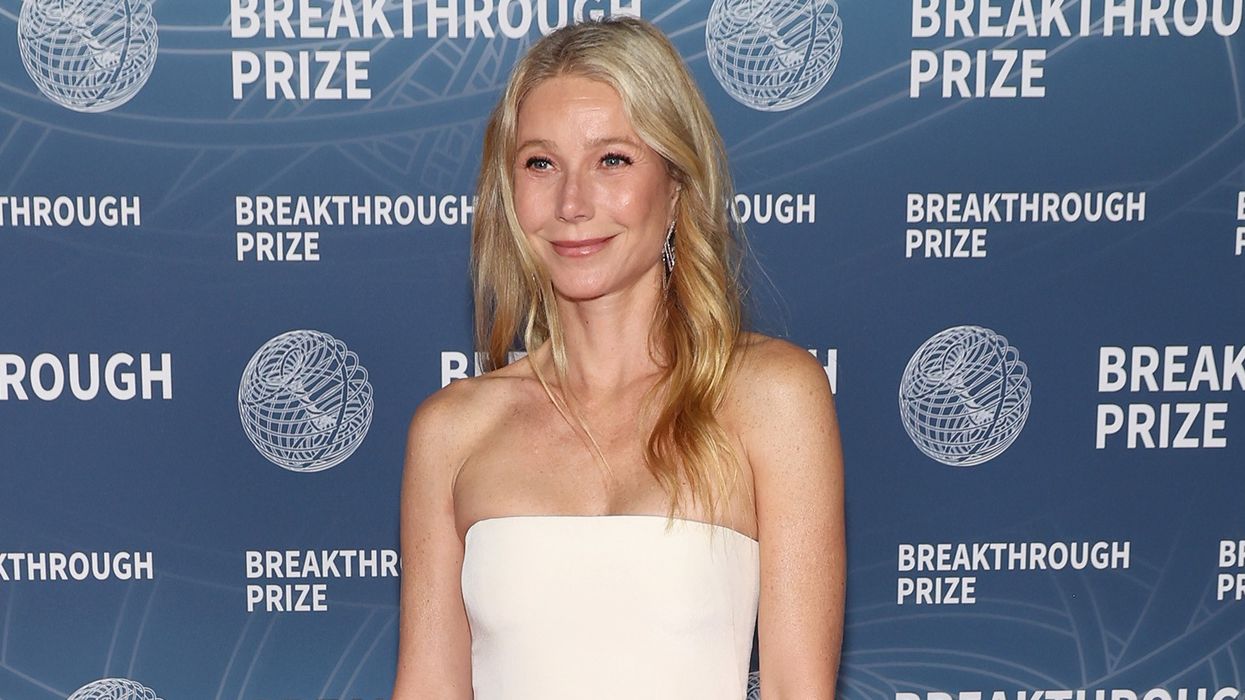Gwyneth Paltrow has revealed that she is returning to eating foods she once restricted, including sourdough bread, pasta, and cheese, after following a strict paleo diet for several years. The Oscar-winning actress, who has become a prominent health and wellness advocate, has been vocal about her diet choices throughout her career, particularly through her lifestyle business, Goop.
In a recent episode of her Goop podcast, Paltrow discussed her food journey and how her eating habits have evolved over the years. She explained that she had previously gone through a "hardcore macrobiotic" phase, describing it as an "interesting chapter" where she became deeply focused on eating extremely healthy foods. This period saw her embracing a diet rich in seasonal and local foods, with an emphasis on fish, vegetables, and rice, while eliminating dairy and sugar.
Paltrow's interest in wellness and food began in part due to her father’s battle with throat cancer, which led her to explore ways to improve her health and diet. However, she explained that her food choices have become more flexible as she’s aged, and she’s broadened her dietary preferences.
"I went into hardcore macrobiotic for a certain time. That was an interesting chapter where I got obsessed with eating very, very healthily," she explained. "I really deepened my connection with food and the whole philosophy around macrobiotics, which is essentially how they eat in the mountains of Japan—very local, very seasonal, lots of fish, vegetables, rice, no dairy, no sugar, etc."
However, during this phase, Paltrow admitted that she may have become a little "didactic" about her eating habits. She felt so good on the diet that she wanted to share it with her father, friends, and family, believing that by eating whole, natural foods, they could all feel better and prevent health issues.
"I felt so good, I wanted to share that with my dad, my friends, and family. I became a little intoxicated by the idea that if we stayed hydrated and ate whole foods, we could just feel so much better," she explained. "I still feel the same way to an extent, but things have gotten a little more complicated with age, especially in terms of inflammation and other health matters."
Paltrow also spoke about her transition into the paleo diet, a nutritional plan that advocates eating as our ancient ancestors did—focusing on whole foods such as meat, fish, vegetables, and fruits while avoiding processed foods, grains, and dairy. She admitted that while the paleo diet served her well for a while, she is now "a little sick of it" and is looking to bring more variety back into her meals.
"I was strict with it for so long. But now, I’m getting back into eating sourdough bread, and some cheese—there, I said it. A little pasta after being strict with it for so long," she said. "I think it’s a good template, right? Eating foods that are as whole and fresh as possible. I don’t think there is any doctor or nutritionist that would refute that. It’s a good starting point."
Her shift towards a more balanced diet has been welcomed by health professionals.
Paltrow's dietary evolution reflects a broader trend in the wellness industry, where many are now advocating for a more balanced, flexible approach to eating. Rather than adhering to restrictive diets, there is a growing emphasis on sustainability, mindful eating, and allowing for enjoyment of all types of foods in moderation.
While Paltrow’s food journey has been highly public, her shift towards a more balanced diet may resonate with many who have experienced similar challenges in sticking to strict eating plans. Her decision to reintroduce previously restricted foods into her diet serves as a reminder that wellness is about finding balance, listening to one's body, and adapting to changing health needs over time.
Having stepped away from Hollywood in recent years to focus on health and wellness, Paltrow is now preparing to make her big-screen return. She will star alongside Timothée Chalamet in the upcoming sports action movie Marty Supreme. Despite her limited presence in the film industry, Paltrow’s influence in the world of health, wellness, and lifestyle continues to grow, and her evolving relationship with food serves as a lesson in moderation and flexibility.
With her advocacy for a more inclusive, balanced approach to eating, Paltrow is helping to shape a more nuanced conversation about health, diet, and nutrition, showing that it’s possible to embrace both wellness and indulgence in a way that works for the individual.





